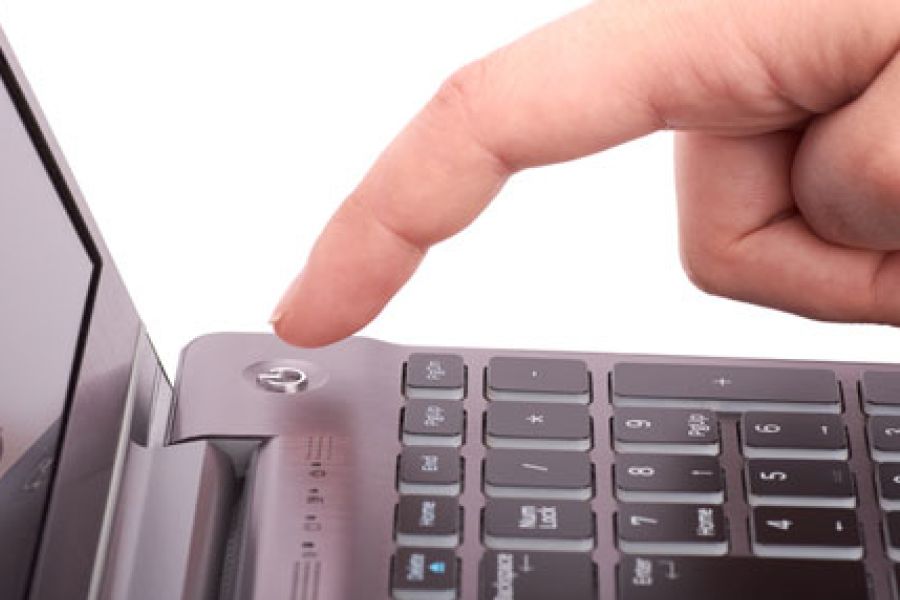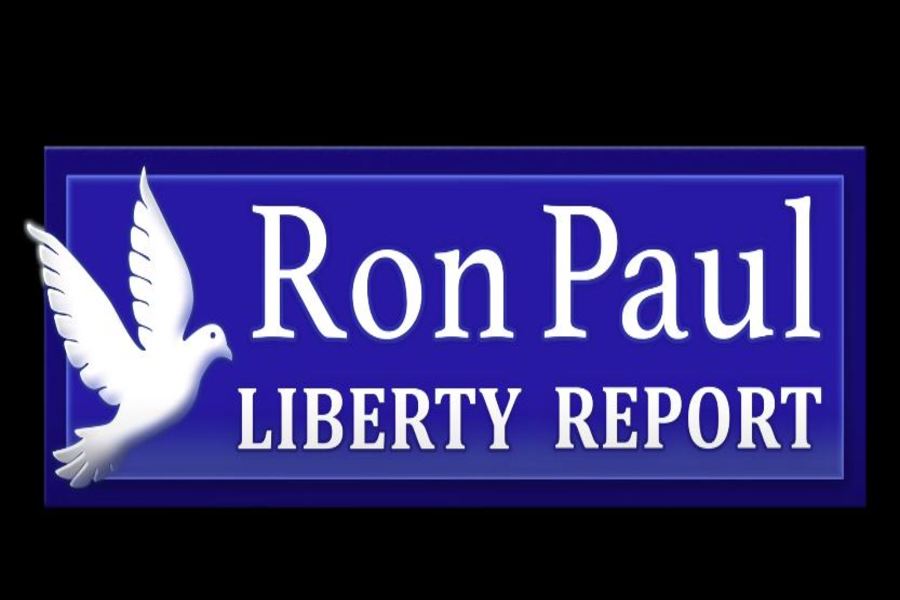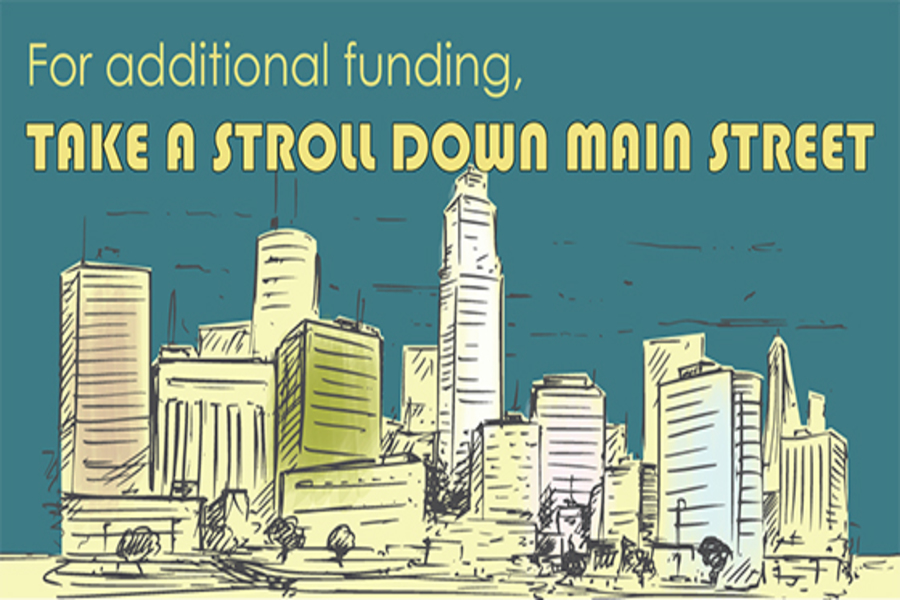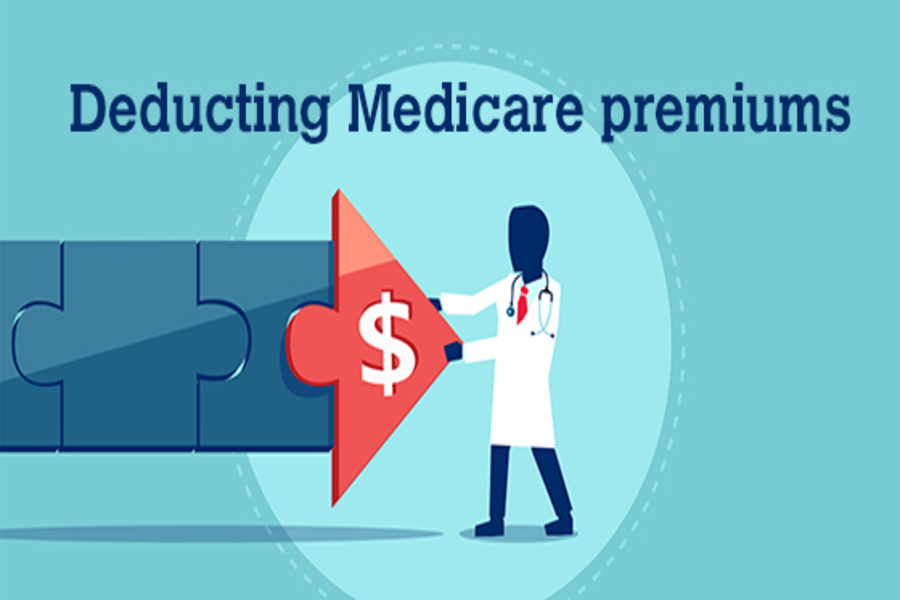New technologies, including artificial intelligence and machine learning, increasingly are being applied to the old problem of occupational fraud. But in most circumstances, common accounting tools — “variance analysis” and “contribution margin” — remain effective in uncovering possible evidence of theft. Gaps and absences After your organization finalizes its annual budget, you may perform a variance analysis, reviewing differences between actual and budgeted performance. If, for example, actual wages significantly exceed budgeted wages, the difference could be due to such factors as wage increases, productivity declines or greater downtime. But it could also signal phantom employees on the payroll. Fraud experts pay particular attention to variances related to inventory and purchase pricing. Supply-related variances could indicate the existence of kickbacks. Or they might suggest fictitious vendors —...

While the COVID-19 crisis has devastated many existing businesses, the pandemic has also created opportunities for entrepreneurs to launch new businesses. For example, some businesses are being launched online to provide products and services to people staying at home. Entrepreneurs often don’t know that many expenses incurred by start-ups can’t be currently deducted. You should be aware that the way you handle some of your initial expenses can make a large difference in your tax bill. How expenses must be handled If you’re starting or planning a new enterprise, keep these key points in mind: Start-up costs include those incurred or paid while creating an active trade or business — or investigating the creation or acquisition of one. Under the Internal Revenue Code, taxpayers can elect to deduct...
Family businesses make up the vast majority of companies in the United States and produce 62% of the country’s gross domestic product, according to the Conway Center for Family Business. Generally defined as companies that are majority owned by a single family with two or more members involved in their management, family businesses can be a significant source of wealth. But they also potentially face higher fraud risk. Recent research published in the Journal of Business Ethics found that auditors assess the risk of fraud in the family business as higher than for non-family businesses. Here’s why, and how you can reduce that risk. Major obstacles involved Why might family businesses be more vulnerable to fraud than other companies? For one thing, prevention efforts can be hampered...
Traditionally, spring and summer are popular times for selling a home. Unfortunately, the COVID-19 crisis has resulted in a slowdown in sales. The National Association of Realtors (NAR) reports that existing home sales in April decreased year-over-year, 17.2% from a year ago. One bit of good news is that home prices are up. The median existing-home price in April was $286,800, up 7.4% from April 2019, according to the NAR. If this is your year, consider taxes when selling your home. It’s a good time to review the tax considerations. Some gain is excluded If you’re selling your principal residence, and you meet certain requirements, you can exclude up to $250,000 ($500,000 for joint filers) of gain. Gain that qualifies for the exclusion is also excluded from the...
As posted to the Ron Paul Liberty Report YouTube Channel on 7/21/2020 In the 7/21/20 Weekly Update from Ron Paul's Liberty Report, Dr. Paul investigates what is behind the recent spike in reported Coronavirus deaths. (This is Blog Post #856) Dr. Ron Paul is an American author, physician, and former politician. He is a 12 term U.S. Congressman and 3 time presidential candidate. Since retiring from Congress, Dr. Paul has created the Ron Paul Curriculum, the Ron Paul Institute for Peace and Prosperity, and hosts the Ron Paul Liberty Report....
As posted to the GoldSilver YouTube Channel on 7/27/20 (Run Time 24:05) Explanation of clip as appears on YouTube: Gold and silver have now entered ‘Phase 3’ according to Mike Maloney. So what is it that has changed to bring us into this new environment? It is something that Mike has been expecting for some time, and is finally here: monetary demand. And as he hints towards the end of this video, ‘You ain’t seen nothin’ yet’. (This is Blog Post #855) Michael Maloney, founder of www.GoldSilver.com is also the author of the world’s best selling book on precious metals investing. Since 2003 he has been advocating gold and silver as the ultimate means of protecting wealth from the games played by our governments and the banking sector....
(This is Blog Post #854)...
Machine learning increasingly is being used to discover fraud schemes. Smart software can find fraud. With this type of artificial intelligence (AI), the technology learns or improves in accuracy through experience, rather than through additional programming. If you already use AI in your business, you’re probably somewhat familiar with how machine learning works. But here’s a quick overview of its application in fraud detection. New approaches needed More and more, businesses rely on digitization to deliver the goods and services their customers want. Unfortunately, digitization also makes it easier both for cybercriminals and stakeholders, such as employees, vendors and customers, to steal. Preventing fraud in the digital age requires new approaches. Machine learning is one such approach. Traditional rules-based fraud detection software flags transactions — such as...
If you operate a small business, or you’re starting a new one, you probably know you need to keep records of your income and expenses. In particular, you should carefully record your expenses in order to claim the full amount of the tax deductions to which you’re entitled. And you want to make sure you can defend the amounts reported on your tax returns if you’re ever audited by the IRS or state tax agencies. The fact is that good records are the key to trouble-free IRS audits. Certain types of expenses, such as automobile, travel, meals and office-at-home expenses, require special attention because they’re subject to special recordkeeping requirements or limitations on deductibility. It’s interesting to note that there’s not one way to keep business records....
If you’re age 65 and older, and you have basic Medicare insurance, you may need to pay additional premiums to get the level of coverage you want. The premiums can be costly, especially if you’re married and both you and your spouse are paying them. You may be wondering, can Seniors deduct Medicare premiums? The silver lining is that you may qualify for a tax break for paying the premiums. Tax deductions for Medicare premiums You can combine premiums for Medicare health insurance with other qualifying health care expenses for purposes of claiming an itemized deduction for medical expenses on your tax return. This includes amounts for “Medigap” insurance and Medicare Advantage plans. Some people buy Medigap policies because Medicare Parts A and B don’t cover all...
- 1
- 2
- 3
- 4
- 5
- 6
- 7
- 8
- 9
- 10
- 11
- 12
- 13
- 14
- 15
- 16
- 17
- 18
- 19
- 20
- 21
- 22
- 23
- 24
- 25
- 26
- 27
- 28
- 29
- 30
- 31
- 32
- 33
- 34
- 35
- 36
- 37
- 38
- 39
- 40
- 41
- 42
- 43
- 44
- 45
- 46
- 47
- 48
- 49
- 50
- 51
- 52
- 53
- 54
- 55
- 56
- 57
- 58
- 59
- 60
- 61
- 62
- 63
- 64
- 65
- 66
- 67
- 68
- 69
- 70
- 71
- 72
- 73
- 74
- 75
- 76
- 77
- 78
- 79
- 80
- 81
- 82
- 83
- 84
- 85
- 86
- 87
- 88
- 89
- 90
- 91
- 92
- 93
- 94
- 95
- 96
- 97
- 98
- 99
- 100
- 101
- 102
- 103
- 104
- 105
- 106
- 107
- 108
- 109
- 110
- 111
- 112
- 113
- 114
- 115
- 116
- 117
- 118
- 119
- 120
- 121
- 122
- 123
- 124
- 125
- 126
- 127
- 128
- 129
- 130
- 131
- 132
- 133
- 134
- 135
- 136
- 137
- 138
- 139
- 140
- 141
- 142
- 143
- 144
- 145
- 146
- 147
- 148
- 149
- 150
- 151











